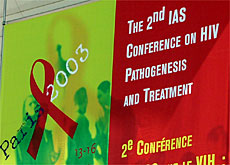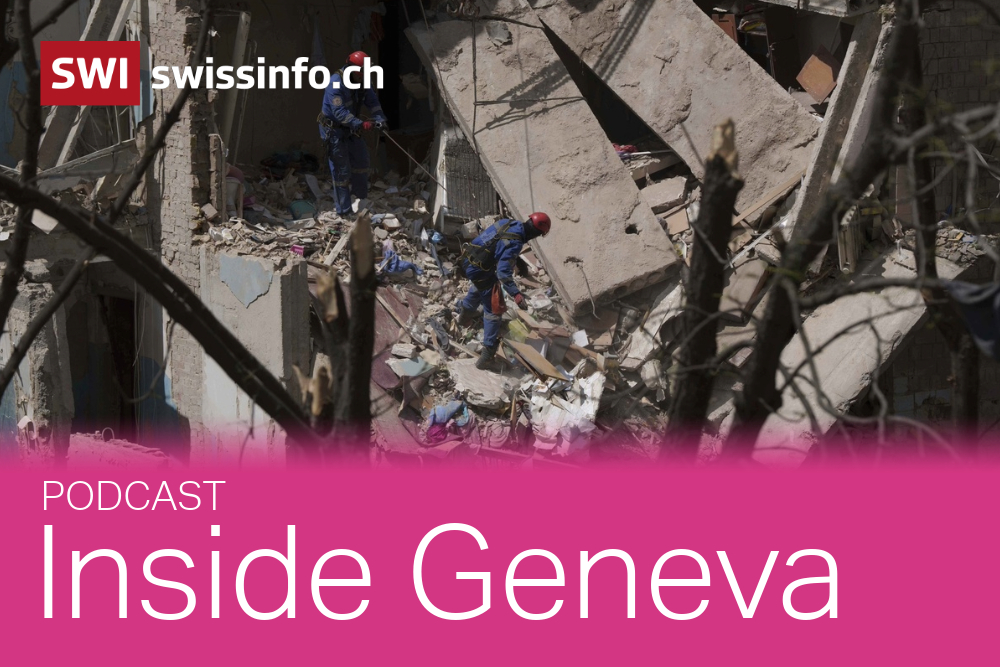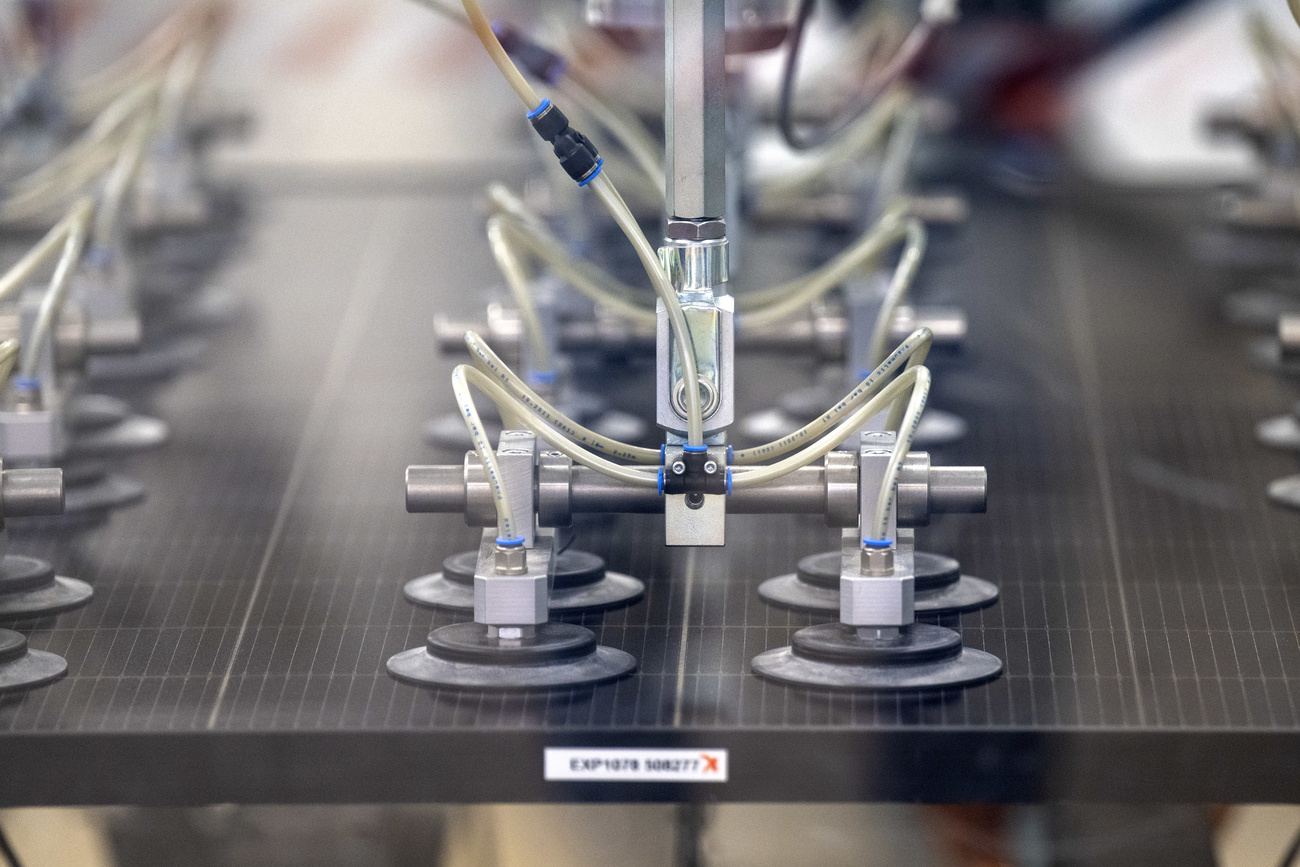
Roche hails Aids drug breakthrough

Swiss pharmaceuticals group Roche says its revolutionary Aids drug, Fuzeon, has proved effective in long-term trials, paving the way for worldwide regulatory approval.
The latest results confirm that Fuzeon is twice as effective at ridding the body of HIV – the virus that causes Aids – as existing therapies.
At a press conference in Paris on Tuesday, Roche released its latest data for Fuzeon, which is designed for people who are resistant to other treatments.
Fuzeon is the first in a new class of drugs, called fusion inhibitors, which stop HIV from entering the body’s cells.
“One year ago, we were talking about hope,” David Reddy, head of Roche’s HIV franchise, told swissinfo. “The drug has really lived up to that promise.”
Roche also dispelled concerns raised last year that supplies of the drug might be limited because of the complexity of the manufacturing process.
“We’ve made enormous progress in the production of the drug and we’re ahead of where we expected to be in terms of output,” declared Reddy.
Roche and its United States partner, Trimeris, originally anticipated supplying Fuzeon to about 12-15,000 patients internationally by the end of 2003.
The company now says it can supply up to 18,000 patients, with a significant increase in production forecast for next year.
Resistance
HIV is developing resistance to currently available drugs, and many patients under treatment are running out of options.
“This is the most attractive way to take care of HIV – to block it from entering the cell in the first place,” said American virologist Robert Gallo, from the University of Maryland, Baltimore.
“It is a powerful new family of molecules for therapy in the future.”
Gallo, who co-discovered HIV 20 years ago, told swissinfo it was vital to keep one step ahead of the ever-evolving virus.
“There is a continuous need to have something else in the bag that you can pull out and use at certain times in the course of HIV infection.”
Fighting back
HIV progressively infects and destroys immune cells called CD4 cells.
These blood cells are important because they tell other infection-fighting cells when to start working.
When the CD4 count drops below 200, or when opportunistic infections or cancers occur, a person with HIV-1 infection is said to have Aids (Acquired ImmunoDeficiency Syndrome).
The latest clinical trials of Fuzeon involved about 1,000 patients in the United States, Canada, Europe and Australia – areas of the world with the highest exposure to HIV drug therapy and resistance.
“Two or three patients had almost untreatable Aids diseases,” said
Manuel Battegay, co-investigator of the trials, who heads the division of infectious diseases at Basel University Hospital
“After starting Fuzeon, CD4s increased and these diseases were treatable.”
Effective treatment
He said that 50 per cent of patients showed real benefits and that the treatment was advantageous for another 30 per cent.
He said the best results were achieved when Fuzeon was used early with a combination of two or more active drugs.
Because of its complex chemical structure, Fuzeon is very difficult to produce: the manufacturing process involves 106 steps, compared with eight to 12 steps for a typical HIV drug.
Production also requires 45 kilograms of raw material to make 1kg of Fuzeon.
In Europe the price for Fuzeon has been set at over $20,000 per year. Roche cites the complex manufacturing process as one reason for the steep cost.
Fuzeon is administered twice daily by injection. It is given in combination with existing drugs. One major side effect is irritation at the site of the injection.
swissinfo, Vincent Landon in Paris
Fuzeon is the first in a new class of drugs know as fusion inhibitors.
Existing drugs work inside the human immune cell.
Fuzeon prevents HIV from entering the cell at all.
In Europe, it is priced at about $20,000 a year.
Roche says the high cost reflects the complexity of the manufacturing process.
HIV progressively infects and destroys immune cells called CD4 cells.
These blood cells are important because they tell other infection-fighting cells when to start working.
When the number of CD4 cells drops to a certain level, the body’s immune system weakens.
When the CD4 count drops below 200, or when opportunistic infections or cancers occur, a person with HIV-1 infection is said to have Aids (Acquired ImmunoDeficiency Syndrome).

In compliance with the JTI standards
More: SWI swissinfo.ch certified by the Journalism Trust Initiative

































You can find an overview of ongoing debates with our journalists here . Please join us!
If you want to start a conversation about a topic raised in this article or want to report factual errors, email us at english@swissinfo.ch.